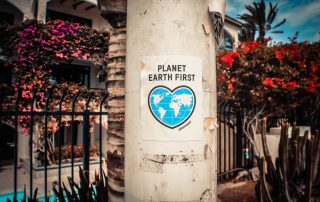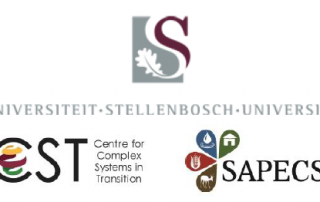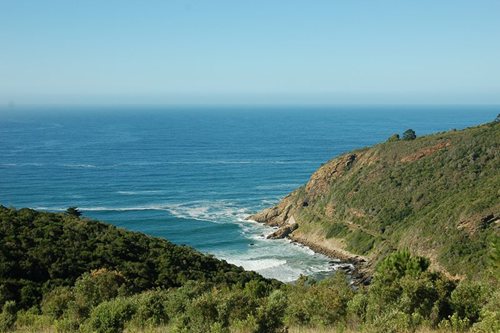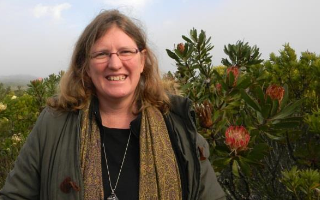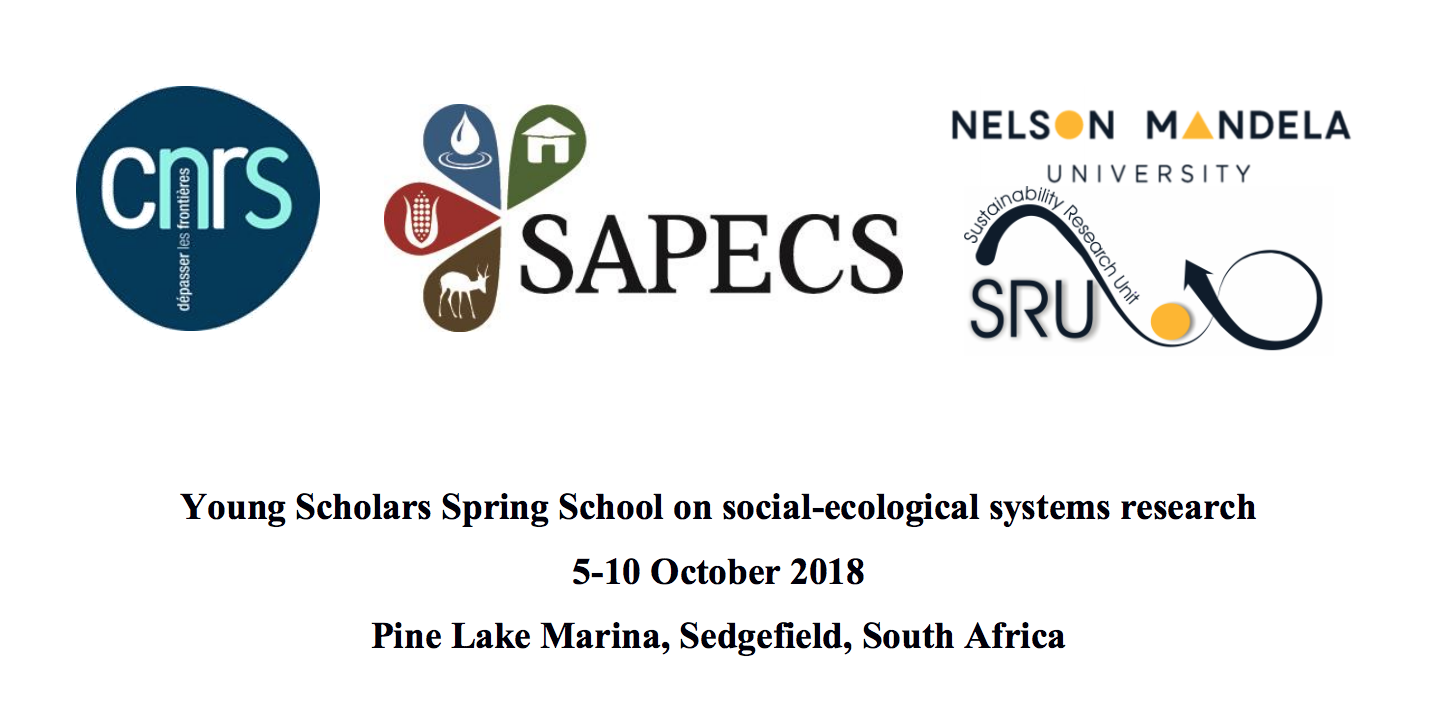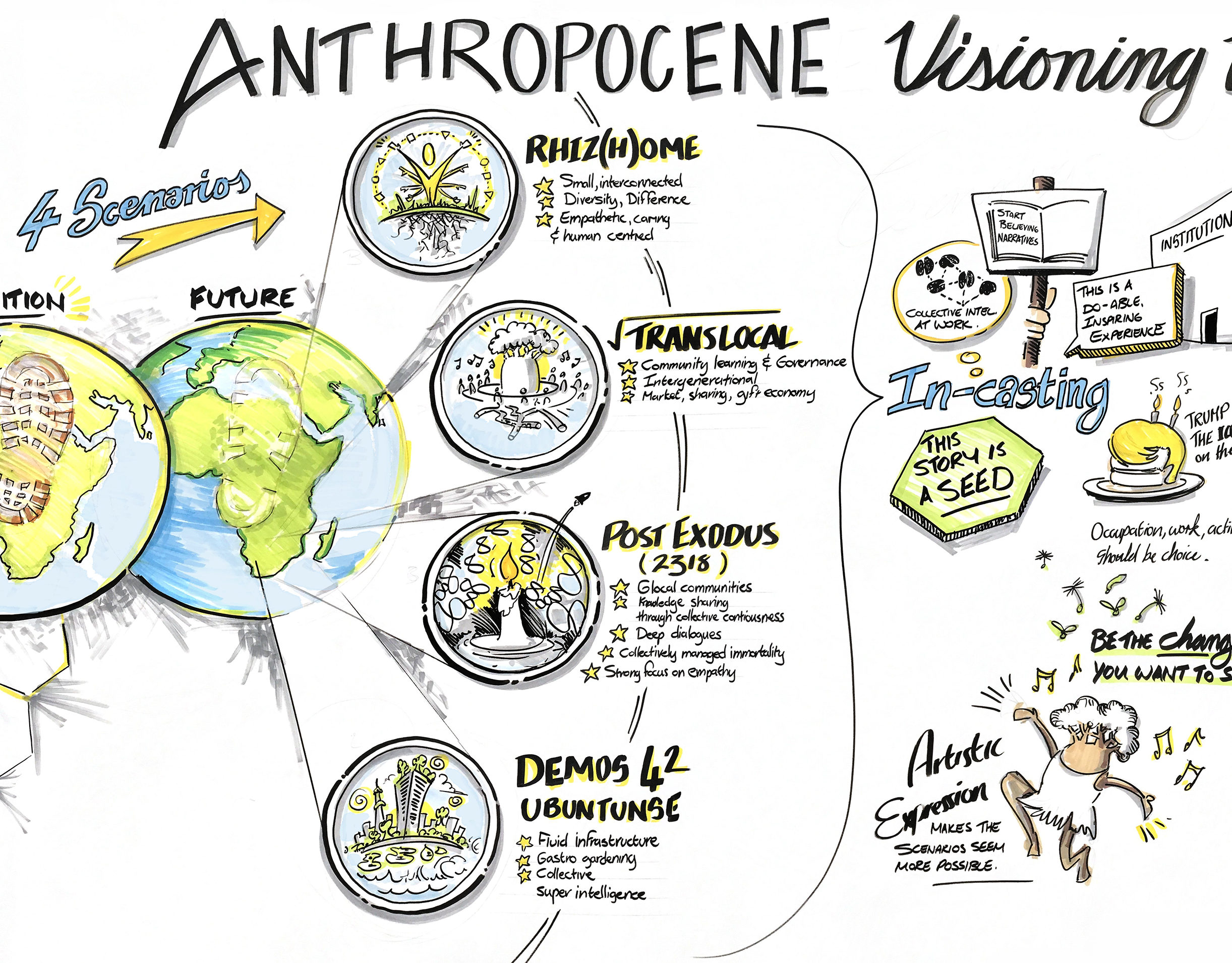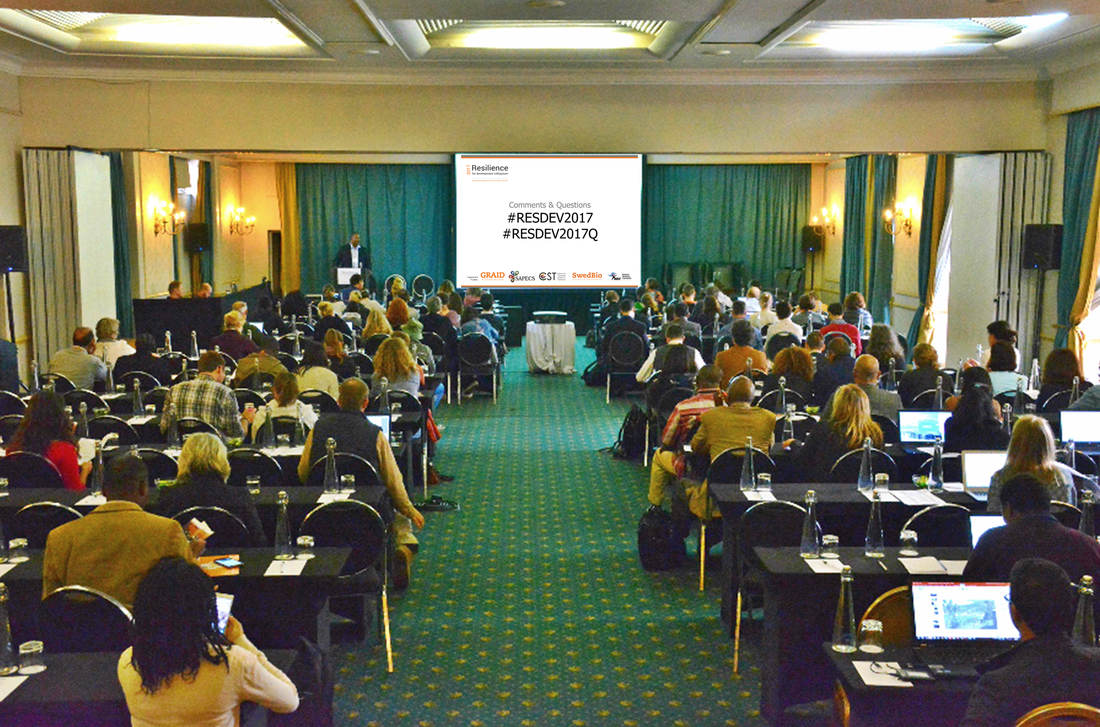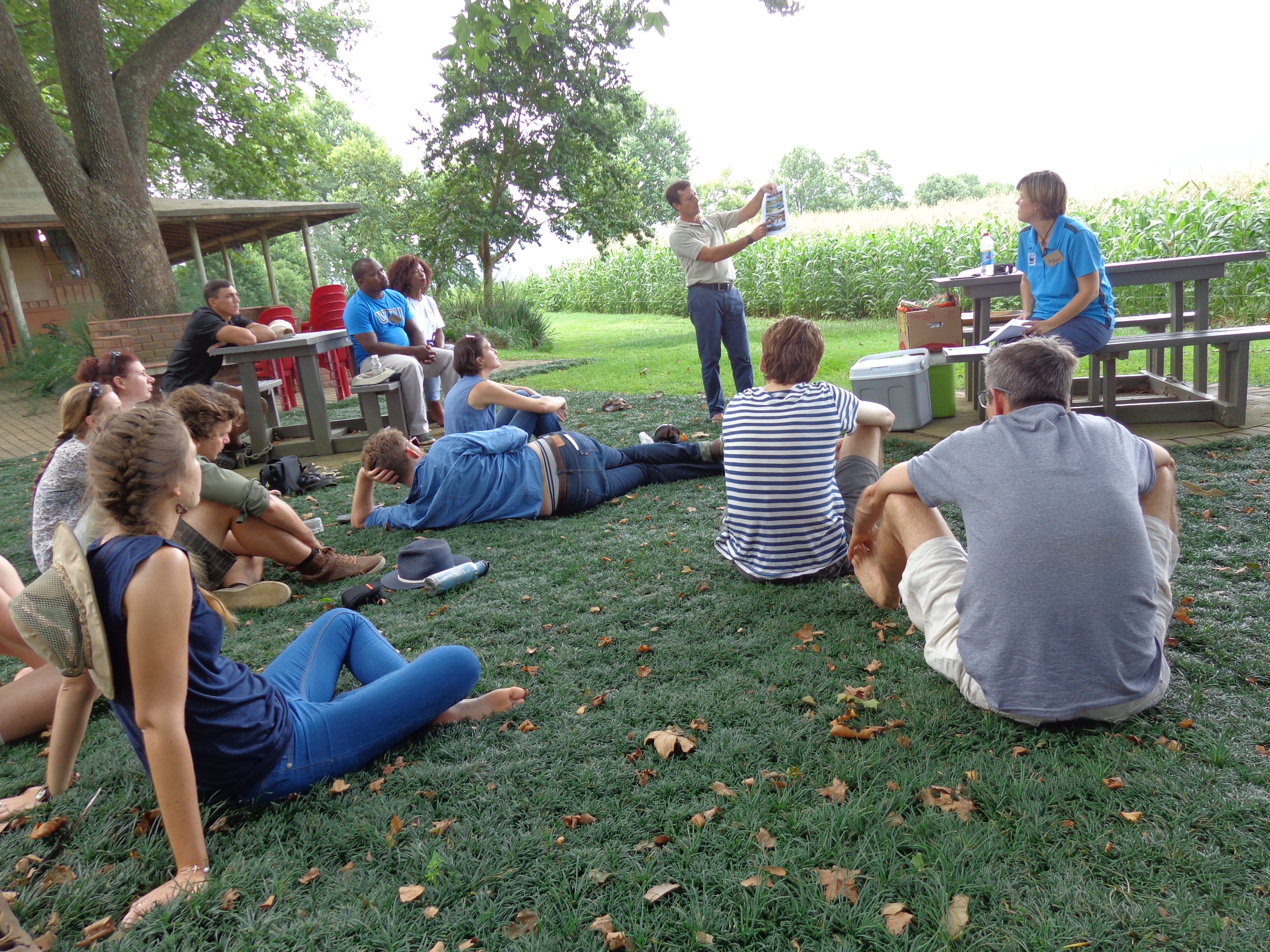How to Live Better and Stop Destroying the Planet
A recent United Nations-backed report highlighted the scale of destruction humans are inflicting on the natural world. To reverse these trends, humanity must transform its economic models and food system, treat the world’s oceans far better, and think carefully about the best ways to tackle climate change. STOCKHOLM – Earlier this month, a bleak global assessment of the shocking state of life on Earth made headlines worldwide. According to the report by the Intergovernmental Science-Policy Platform on Biodiversity and Ecosystem Services (IPBES), about 12% of all known animal and plant species are now threatened with extinction. Worse still, humanity is destroying entire habitats, and [...]


